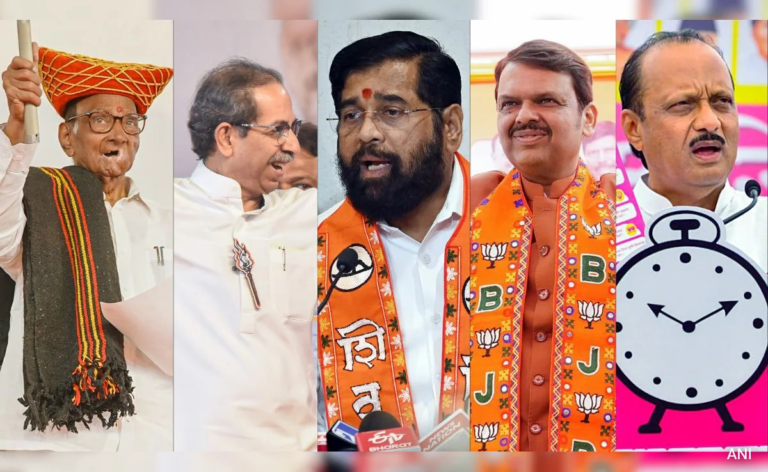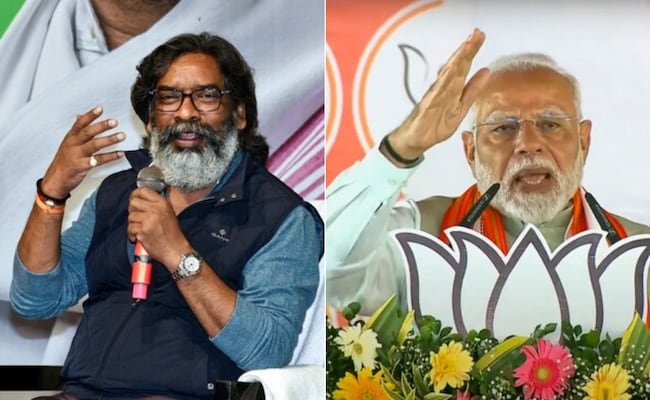To say that the Ahlan Modi (Welcome Modi) event in Abu Dhabi on Tuesday was a grand event would be an understatement. The carefully curated spectacle and the temple inauguration the next day were evidence of the deepening friendship between India and the UAE. Both nations perceive a confluence of interests in the relationship. With the Indian diaspora amounting to 3.5 million, the UAE has been a major source of jobs, and thereby remittances. And that has been a key prism through which New Delhi has viewed Abu Dhabi. The big shift that has taken place in recent years is that the relationship has become independent of domestic politics, and reflects the churn in global politics as well as transformations in West Asia.

New Delhi sees Abu Dhabi as a gateway to West Asia and has cultivated the Emirates as such: In 2015, Prime Minister (PM) Modi became the first Indian PM to visit Abu Dhabi in three decades, and he has since visited the UAE seven times. In 2022, both countries signed a free trade deal promising to double bilateral trade to $100 billion. The optics apart, the two countries concluded eight agreements, including on energy, and digital transactions. They also signed an intergovernmental framework on the India-Middle East-Europe Economic Corridor, even though the war in Gaza is casting a shadow over its future.
The India-UAE partnership also has to be seen in the backdrop of a churn in the region where most Gulf States are eyeing a future beyond fossil fuel and a strategic regime guaranteed by the US. India, with its consistently high growth, is seen as a safe investment destination, and a source for essentials. History, diaspora and soft power are enablers in furthering this relationship, and Delhi has been smart to ride the wave.
Continue reading with HT Premium Subscription
Daily E Paper I Premium Articles I Brunch E Magazine I Daily Infographics








